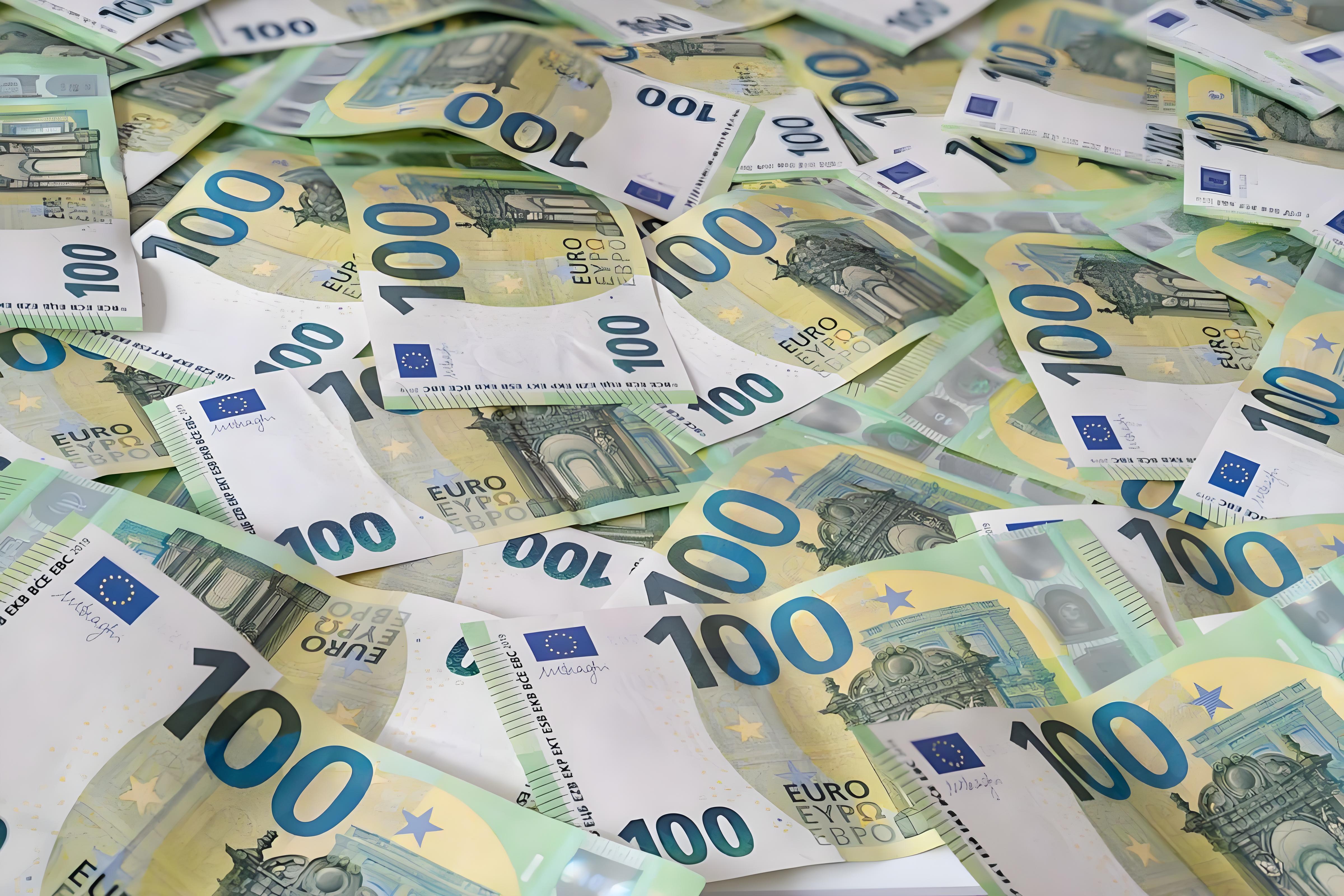
In the ever - changing global economic landscape, the economic dynamics of the Eurozone have always been a focus of attention. The latest data shows that the initial value of the Eurozone consumer confidence index in July was -14.7, which is better than the expected -15 and the previous value of -15.3. This is like a ray of light in the haze, bringing new hope for the economic recovery of the Eurozone.
As a key indicator reflecting consumers' confidence and expectations about the economic situation, the change of the consumer confidence index can accurately reveal the economic health of a country or region. In a developed economic entity like the Eurozone, the consumer confidence index is a focus of the market, and every move of it may have a far - reaching impact on the economic trend. When consumers are full of confidence in the future economy, they are more inclined to increase consumption expenditure. As one of the "troika" driving economic growth, consumption will undoubtedly inject strong impetus into the economy.
The improvement of the Eurozone consumer confidence index is not accidental, but supported by multiple positive factors. From the perspective of the macro - economic environment, the inflation level in the Eurozone has gradually declined in recent years, which has effectively increased consumers' real income. With the reduction of the pressure of rising prices, the purchasing power of consumers' money has been enhanced. They can buy more goods and services with the same amount of money, which has undoubtedly strengthened consumers' willingness to consume. At the same time, the labor market in the Eurozone remains relatively strong, and the unemployment rate is maintained at a low level. The stable employment environment makes consumers have a more stable expectation of future income, which further boosts their consumption confidence.
Looking at each member state, the report released by the German market research institute GfK on the 24th shows that the leading index of German consumer confidence in August has slightly rebounded from the revised -21.6 points last month to -18.4 points, which is slightly better than expected. As the economic leader of the Eurozone, the recovery of the German economy has undoubtedly injected a shot in the arm into the entire Eurozone. In addition, consumer confidence in other countries in the Eurozone has also improved to varying degrees. Although consumers are still worried about the risk of unemployment in the next 12 months, the overall improvement of confidence has become an undeniable trend.
The improvement of consumer confidence has a multi - dimensional impact on the Eurozone economy. Firstly, in the field of consumption, the enhancement of consumer confidence will directly drive the increase of consumption expenditure. As consumers are more willing to open their wallets for consumption, industries such as retail, catering and tourism will usher in new development opportunities, which will further promote the sales growth of related enterprises, encourage enterprises to expand production scale, create more jobs, and form a virtuous circle of economic growth. Secondly, from the perspective of the financial market, the improvement of the consumer confidence index will often enhance investors' confidence in the Eurozone economy and attract more domestic and foreign investments. This will help drive up the stock markets in the Eurozone, improve the financing environment for enterprises, and provide more sufficient financial support for enterprises' innovation and development. In addition, the improvement of consumer confidence may also have a positive impact on the euro exchange rate. A higher consumer confidence index usually increases the exchange rate of the euro against the US dollar or other currencies, enhancing the status of the euro in the international currency market.
However, we must clearly realize that although the Eurozone consumer confidence index in July has improved gratifyingly, the road to economic recovery in the Eurozone is still a long and arduous one. At present, global economic growth is facing many uncertain factors. Issues such as the rise of trade protectionism and geopolitical conflicts still pose potential threats to the Eurozone economy. In addition, the Eurozone also faces deep - seated contradictions such as debt problems and unbalanced economic structure. The solution to these problems requires long - term and continuous efforts.
The European Commission said in a statement that consumer confidence is approaching its long - term average. This trend is undoubtedly positive, but to achieve a comprehensive economic recovery, governments of Eurozone countries and the European Central Bank need to continue to take effective policy measures. In terms of fiscal policy, governments should increase investment in infrastructure construction, scientific and technological innovation and other fields to improve the long - term competitiveness of the economy; in terms of monetary policy, the European Central Bank needs to flexibly adjust policies according to changes in the economic situation, maintain the stability of the money market, and create a good monetary environment for economic recovery.
Looking forward to the future, with the further improvement of consumer confidence and the gradual implementation of various policy measures, the Eurozone economy is expected to usher in a stronger recovery in the next few quarters. However, in this process, it is still necessary to pay close attention to changes in various risk factors, adjust the policy direction in a timely manner, and ensure that the pace of economic recovery is steady and sustainable. The improvement of the Eurozone consumer confidence index in July is undoubtedly a positive signal, making us full of expectations for the future development of the Eurozone economy.

报告显示,中国电力投资加速增长,预计2024年电网基建投资将超过5300亿元。
近日,市场迎来了一则引人注目的消息:工业巨头3M公司(MMM.N)在本周五公布了其季度业绩报告,随后股价飙升至近两年来的
最近,外媒给OpenAI算了笔账,今年可能要血亏50亿美元。
近日,巴黎奥运会和世界铁人三项协会联合发布了一项重大决定,宣布因塞纳河水质污染问题,原定于近期进行的奥运会铁人三项首次下
当地时间7月18日,法国巴黎发生了一起令人震惊的持刀袭警事件。
近期,一则重大消息在国际舞台上引起轩然大波,马来西亚宣布加入金砖国家。
调查发现,互联网和智能手机的使用干扰了韩国近五分之一学生的生活。